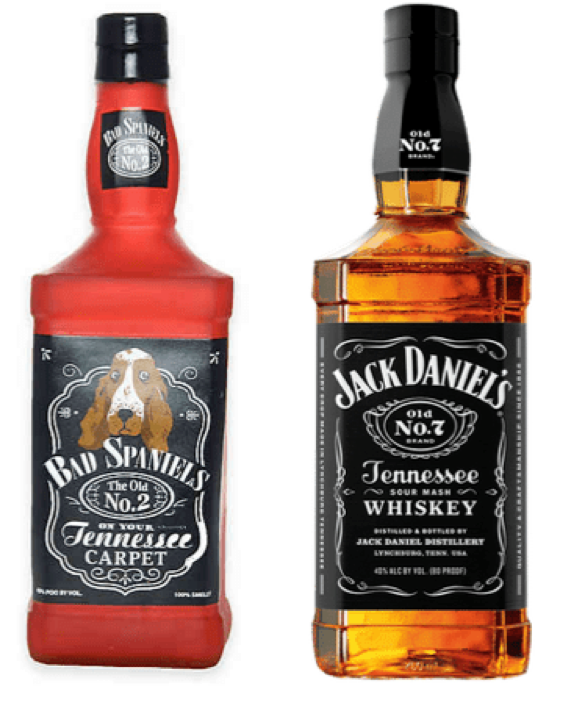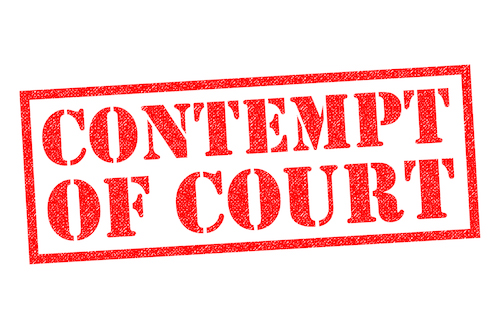Conflicting Decisions over the FTC’s Non-Compete Ban Leave Employers in Limbo
“The net result of these decisions is that the FTC’s non-compete ban remains in place for everyone but the parties in Ryan, and the September 4 effective date is looming on the horizon. It remains to be seen, however, whether the FTC’s non-compete ban will go into effect by that date.”
The Supreme Court’s recent decision in Loper Bright Enterprises v. Raimondo, No. 22-1219, 2024 WL 3208360 (U.S. June 28, 2024) overturned the Chevron doctrine, under which courts generally deferred to agency interpretations of their rulemaking authority. Some may have viewed that decision as the death-knell for the Federal Trade Commission’s (FTC’s) attempt to ban non-competes earlier this year. Indeed, Loper was cited to in the recent Ryan LLC decision, where a federal court in Texas enjoined the enforcement of the FTC ban. But just days ago, another federal court in Pennsylvania, while adhering to Loper, reached the opposite conclusion and declined to enjoin the ban. This conflict will now need to be resolved by the appellate courts, with the September 4, 2024, effective date on the horizon. It remains to be seen whether in the interim, the Ryan court will broaden its injunction nationwide or vacate the rule under the Administrative Procedure Act (APA).
The Ban
By way of background, on April 23, 2024, the FTC in a split 3-2 vote, issued a final rule effectively banning non-compete agreements nationwide, with limited exceptions. Under that rule, starting on September 4, 2024, employers would not be permitted to enter into new non-compete agreements with any employee, including senior executives, as well as independent contractors. Further, prior to the effective date, employers would be required to notify any current and former workers bound to an existing non-compete that it will no longer be enforceable. Existing non-competes for “senior executives” – defined as those who earn more than $151,164 per year and have the authority to make policy decisions that control significant aspects of a business – remain enforceable, however. The rule also does not apply to non-competes in the context of bona fide “sale-of-business” agreements or to other forms of restrictive covenants (e.g., confidentiality agreements, NDAs, non-solicits).
District Courts Weigh In
Not surprisingly, the FTC’s non-compete ban was promptly challenged, including by Ryan LLC, a tax services firm, in the United States District Court for the Northern District of Texas, Ryan LLC, et al. v. FTC, No. 3:24-CV-00986-E, 2024 WL 3297524 (N.D. Tex. July 3, 2024), and by ATS Tree Services LLC, a tree care company, in the United States District Court for the Eastern District of Pennsylvania, ATS Tree Services, LLC v. FTC, No. CV 24-1743, 2024 WL 3511630 (E.D. Pa. July 23, 2024). Before those courts ruled on the matter, however, the Supreme Court overturned the Chevron doctrine in Loper and held that courts need not defer to an agency’s interpretation of its rule-making authority where underlying legislation is ambiguous. Instead, the courts must exercise independent judgment in determining whether an administrative agency (such as the FTC) has acted within its statutory authority.
Just days after the Supreme Court’s decision, the Texas federal court in Ryan issued its ruling on the FTC’s non-compete ban. The plaintiff in that case alleged that the FTC’s actions were unlawful because (i) the FTC acted without statutory authority; (ii) the Rule is the product of an unconstitutional exercise of power; and (iii) the FTC’s acts, findings, and conclusions were arbitrary and capricious. As such, the plaintiff sought an order staying the effective date of the Rule (September 4, 2024) and preliminarily enjoining the FTC from enforcing the Rule, including but not limited to, any ongoing or future administrative action. On July 3, 2024, the Ryan court granted the motion in part, preliminarily finding that (a) the FTC exceeded its statutory authority in promulgating the non-compete ban, and (b) the Rule on this issue was arbitrary and capricious. Although the Ryan decision was preliminary, it is unlikely the court will reach a different result in its final determination on the merits, which is expected at the end of August. The court will also decide then whether to extend the injunction nationwide and/or vacate it under the APA. As of now, the Ryan court’s injunction applies just to the plaintiff and plaintiff-intervenors.
On July 23, 2024, the Pennsylvania federal court in ATS reached a contrary decision. While citing and adhering to the Supreme Court’s decision in Loper, the ATS court denied the plaintiff’s motion to stay the Rule’s September 4th effective date and denied the request to preliminarily enjoin the non-compete ban. In particular, the court found that the FTC did not lack substantive rulemaking in this regard, the FTC did not exceed its authority, and that Congress had not unconstitutionally delegated power to the FTC. According to the court, the FTC’s non-compete ban was not unlike prior examples of FTC rulemaking that had been previously upheld.
What It All Means
The net result of these decisions is that the FTC’s non-compete ban remains in place for everyone but the parties in Ryan, and the September 4 effective date is looming on the horizon. It remains to be seen, however, whether the FTC’s non-compete ban will go into effect by that date. The Ryan court could well decide on August 30 to broaden its injunction nationwide or vacate the decision altogether, in which case enforcement of the non-compete ban will be on hold while these decisions undergo appellate review, including up to the Supreme Court. That review — of a split in lower court decisions concerning the FTC’s authority to issue the ban — will be unconstrained by Chevron deference in light of the Loper decision, further imperiling the FTC ban’s chances of survival. Employers should continue to pay close attention to these developments and undertake necessary preparations in the event the rule does go into effect.
Image Source: Deposit Photos
Author: iqoncept
Image ID: 724081274
John Chun
John Chun is a partner in the Litigation Department at Herrick, Feinstein LLP and a member of the firm’s Employment Practice. He is a seasoned litigator with experience handling a […see more]
Basil Sitaras
Basil Sitaras is counsel in the Employment Practice at Herrick, Feinstein LLP. His experience includes restrictive covenant agreements, separation agreements, assisting employers in assessing and responding to risks associated with […see more]








